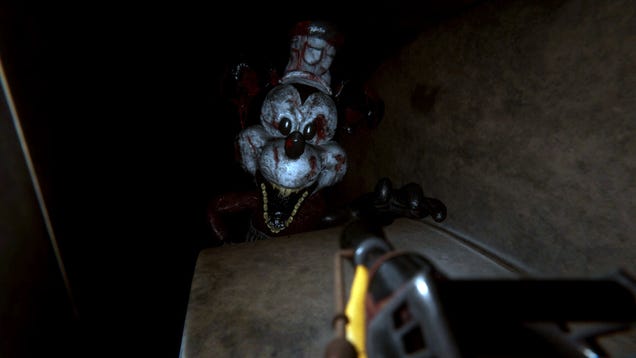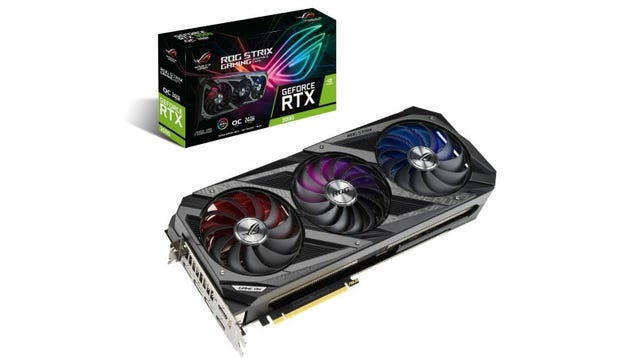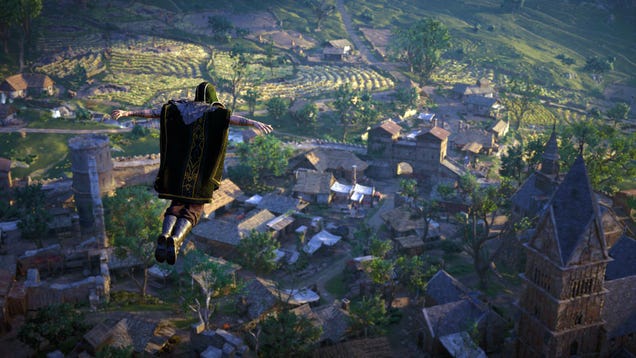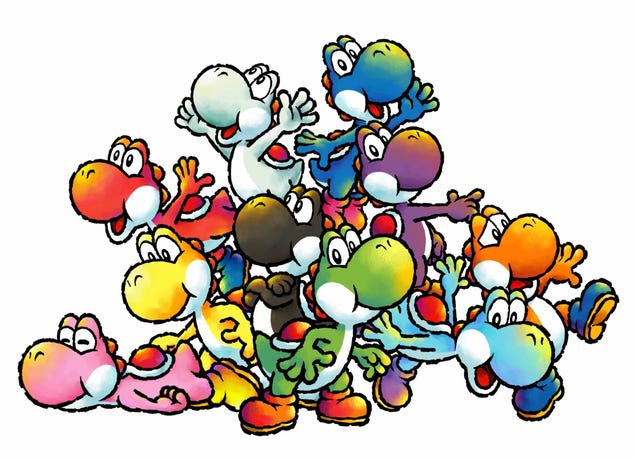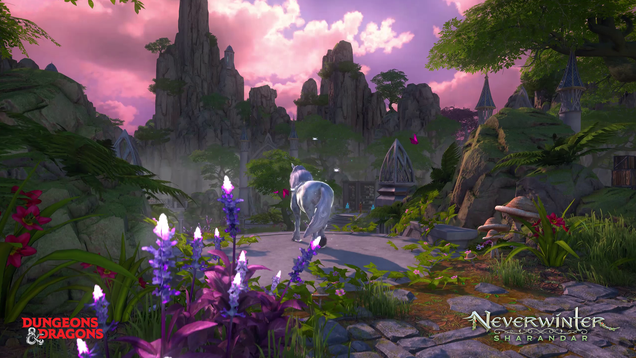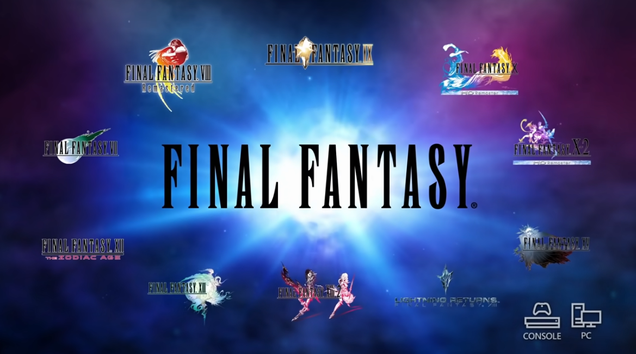If you haven’t heard, the Steamboat Willie version of Mickey Mouse is officially in the public domain, and Nightmare Forge Games wasted no time announcing a horror game starring that version of Disney’s mascot called Infestation 88. However, upon announcement, the team was met with immediate pushback regarding the game’s title and premise, with folks specifically accusing it of being an antisemitic dog whistle.
For those that don’t know, “88” is code for “HH,” or “Heil Hitler” within the Nazi movement as H is the eighth letter in the alphabet. The game focuses on killing a monster version of Mickey and dealing with a rat infestation by using gas, and the Nazi movement has used rats as a stand-in for Jewish people in its propaganda. All of this threw up too many red flags, and Infestation 88 was immediately met with suspicion that what looked like a horror game capitalizing on Mickey’s public domain status was actually hiding something much more insidious.
In response to the criticism, Nightmare Forge Games has announced it’s changing the name to Infestation: Origins, claiming ignorance of the historical context of its name and imagery.
Update: We're changing our game's name to 'Infestation: Origins'. Full statement below. pic.twitter.com/pHSdT83SEm
— Nightmare Forge Games (@NMForgeGames) January 2, 2024
Prior to this announcement, the studio explained to Kotaku that 88 was initially meant to represent the game’s 1988 setting and create a symmetrical design in the logo. The studio’s statement claimed “no additional connotations are intended,” but that it was open to changing the name rather than just tweaking the logo, and it looks like that’s the direction it decided to go. It’s a very serious matter, and it’s up to each person individually to decide whether they’re satisfied with these statements, but the entire project and controversy also draw attention to a common thread among games using classic characters who enter the public domain: the opportunistic use of those characters as a way to attract attention for a shallow, schlocky premise.
Steamboat Willie Mickey hit the public domain this year and Winnie-the-Pooh entered it the year before, and it seems all anyone’s willing to put money into when these things happen is some jarring, culture-shock version of these typically wholesome characters in horror stories. If that’s as far as our imagination goes with these kinds of projects, what’s the good in giving these characters to the public in the first place?
Source: kotaku

